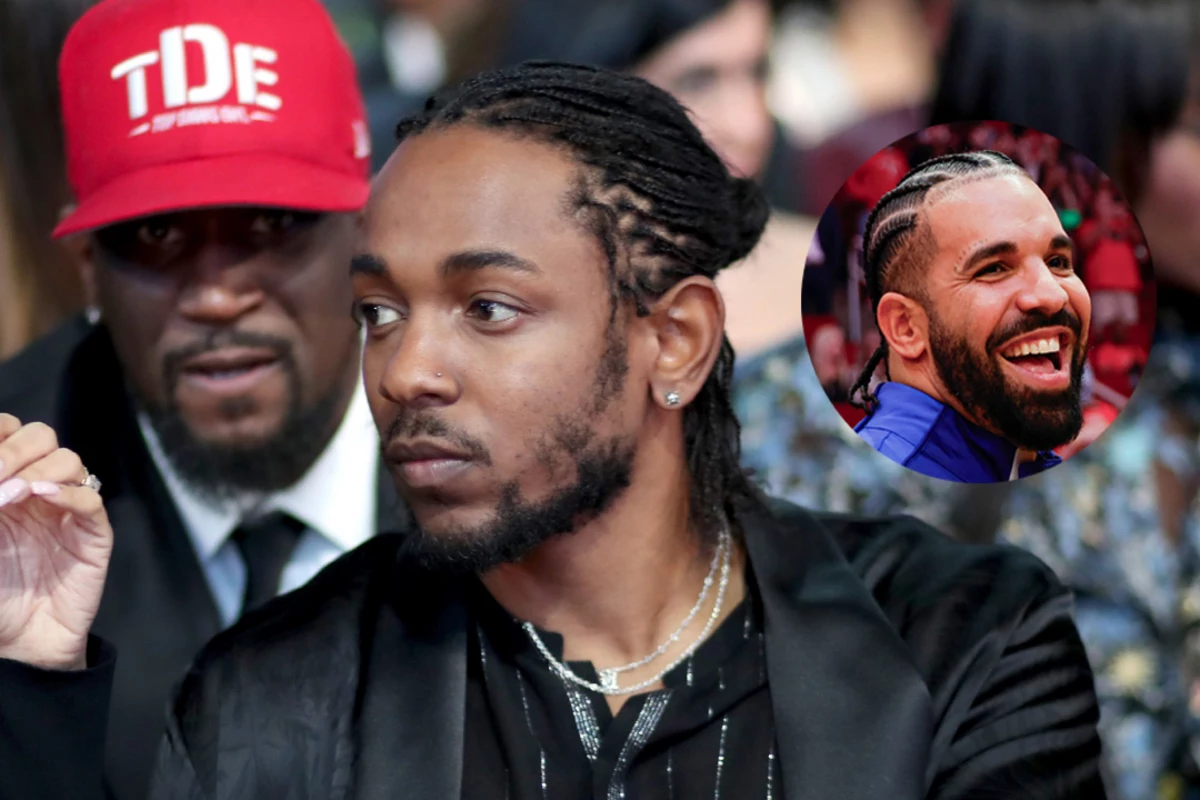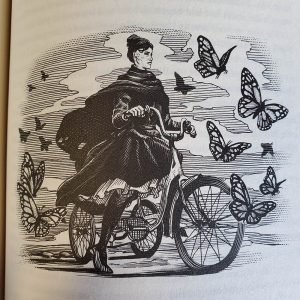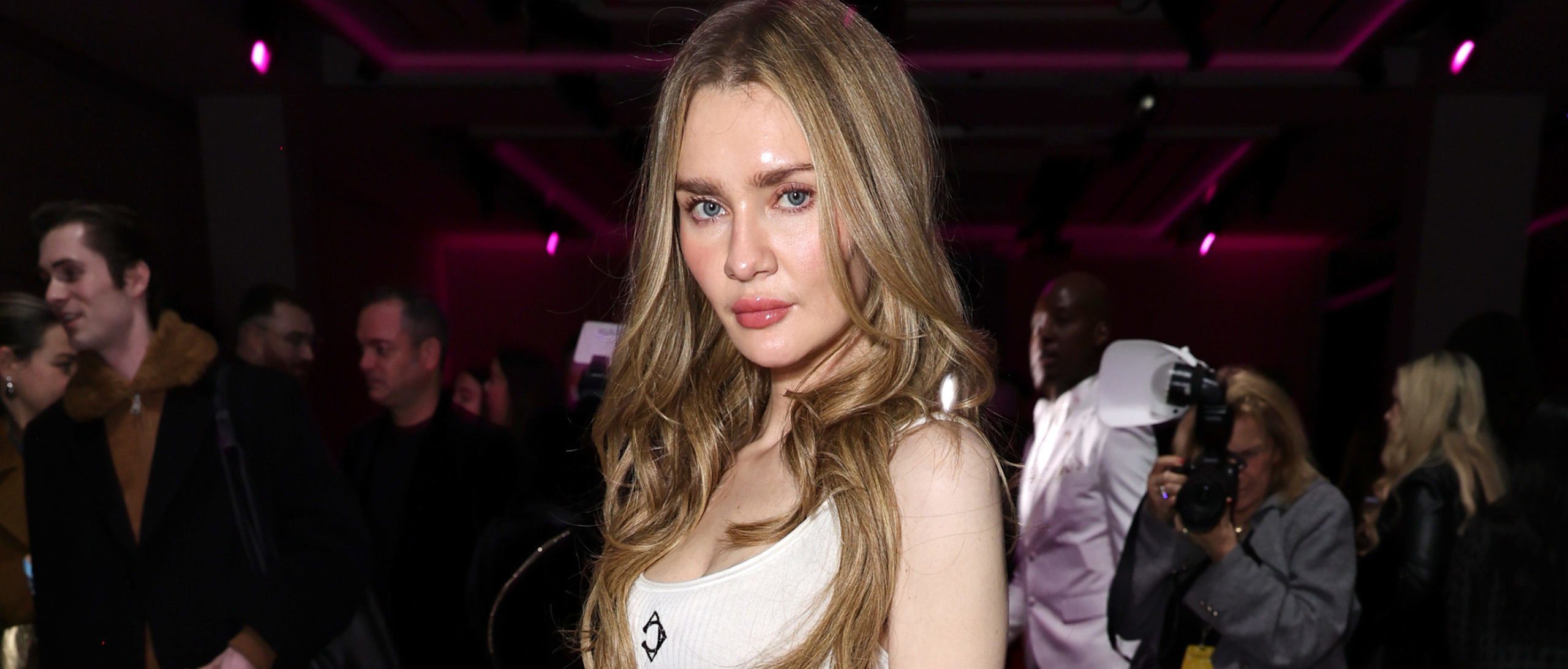DDG's "Don't Take My Son": A Diss Track Aimed At Halle Bailey Analyzed

Table of Contents
Lyrical Analysis of "Don't Take My Son"
Key Lines and Their Interpretations
The lyrics of DDG's "Don't Take My Son" are rife with double entendres and thinly veiled jabs at Halle Bailey. Decoding the meaning requires careful attention to the wordplay and the context of the ongoing public narrative surrounding the relationship. Let's examine some key lines:
- "She’s a princess, but she ain’t my princess." This line directly addresses Halle Bailey's role as Ariel in the live-action The Little Mermaid, juxtaposing her public image with DDG's claim to a more intimate relationship. The song establishes a tone of playful yet pointed rivalry.
- "Don't take my son, you ain't his mom." This is the central theme of the diss track, a direct and assertive claim about the relationship's dynamics. The metaphor of "son" could refer to a child or something else symbolic, adding layers of interpretation.
- "[Specific line mentioning Halle Bailey's name or a reference to her]". (Note: Replace the bracketed section with an actual line from the song, if available, for a more concrete analysis. Be sure to properly cite the source.) Analyzing this line specifically will offer further insights into the directness and specific targets of the diss track.
- "Playing games, girl, that's not your forte." This line suggests a perceived manipulation or unfair treatment within the relationship, hinting at the motivations behind the diss track.
- "[Another specific line from the song]". (Note: As above, replace this with an actual, cited line for a stronger analysis.)
These lyrics, alongside others, contribute to a complex narrative within the diss track, demonstrating skilled use of language and playful aggression to communicate a message. This masterful use of lyrics and wordplay creates a compelling listening experience, further solidifying its position in the popular culture debate.
Rhetorical Devices and Their Effect
DDG employs several rhetorical devices to maximize the impact of his "Don't Take My Son" lyrics. His artistic expression shines through the clever use of these devices:
- Metaphor: The recurring metaphor of the "son" adds ambiguity and allows for multiple interpretations, enhancing the song's intrigue and fueling further speculation.
- Sarcasm: A layer of sarcasm underlies many lines, adding a biting edge to the otherwise playful tone. This sarcasm further emphasizes the intensity of the emotions involved.
- Allusion: References to popular culture, particularly Halle Bailey's role as Ariel, provide context and enhance the diss track’s relatability and memorability.
The effective use of these rhetorical devices creates a layered and multi-dimensional listening experience, significantly impacting the overall message and lasting impression of DDG's "Don't Take My Son". The song’s structure contributes to its overall power and impact, cleverly placed lines maximizing their effect.
Exploring DDG's Motivations
Possible Reasons for the Diss Track
Several factors could have motivated DDG to release "Don't Take My Son":
- Public Perception: DDG may have felt the need to control the narrative surrounding his relationship with Halle Bailey, proactively addressing speculation in the media. A diss track can be a powerful way to dominate a conversation.
- Personal Experiences: The song's lyrics suggest personal hurt and frustration. This may reflect actual experiences within the relationship that DDG felt compelled to address publicly.
- Marketing Strategy: The release could have been a calculated move to generate publicity and boost his career. The controversy surrounding the song undoubtedly increased its visibility and streaming numbers. The inherent controversy surrounding the diss track, and Halle Bailey, served as a catalyst.
The Role of Social Media and Public Reaction
Social media played a crucial role in amplifying the controversy surrounding DDG's "Don't Take My Son".
- Viral Spread: The song quickly went viral, with numerous reactions, memes, and discussions across platforms like Twitter, Instagram, and TikTok.
- Mixed Reactions: Public reactions were sharply divided, with some supporting DDG and others criticizing him for targeting Halle Bailey. The divisive nature of the song further fueled its spread.
- Influencer Engagement: Many social media influencers weighed in on the debate, further driving engagement and extending the reach of the controversy. The diverse viewpoints offered insight into the variety of perspectives surrounding the matter.
The Impact and Legacy of "Don't Take My Son"
Short-term and Long-term Effects on DDG's Career
The release of "Don't Take My Son" had both positive and negative impacts on DDG's career:
- Increased Streams and Sales: The controversy significantly boosted the song's streaming numbers and potentially album sales. The publicity is undeniable.
- Brand Endorsements: The song's viral nature might attract or repel potential brand endorsements, depending on the brands’ target audiences and values.
- Public Image: The song's controversial nature could affect DDG's public image, potentially harming or enhancing his standing depending on public perception.
The Broader Conversation
DDG's "Don't Take My Son" sparked a wider conversation about several important issues:
- Celebrity Relationships: The song highlights the challenges of navigating public relationships in the age of social media.
- Online Behavior: The controversy raises questions about appropriate online behavior and the potential consequences of public discourse.
- Gender Dynamics: Some discussions around the song touched upon gender dynamics in relationships and the portrayal of women in hip-hop. This contributed to a further discussion about the social and cultural context of the song.
Conclusion: DDG's "Don't Take My Son" – A Lasting Impression?
DDG's "Don't Take My Son" is more than just a diss track; it's a case study in the power of online controversy, the complexities of celebrity relationships, and the use of music as a platform for personal expression. We analyzed the intricate lyrics, explored DDG's potential motivations, and assessed the significant impact of the song on his career and broader cultural conversations. The song's legacy will likely continue to be debated and analyzed as a prime example of how musical expression can intersect with social media to create a lasting cultural moment.
What are your thoughts on DDG's "Don't Take My Son"? Share your analysis and interpretation of this complex and controversial song in the comments below!

Featured Posts
-
 Decoding Economic Signals How Social Media Reflects Recessionary Pressures
May 06, 2025
Decoding Economic Signals How Social Media Reflects Recessionary Pressures
May 06, 2025 -
 Four Strict Rules Dolly Parton Set For Sabrina Carpenter Before Their Collaboration
May 06, 2025
Four Strict Rules Dolly Parton Set For Sabrina Carpenter Before Their Collaboration
May 06, 2025 -
 5 Times Stephen King Clashed With Other Celebrities
May 06, 2025
5 Times Stephen King Clashed With Other Celebrities
May 06, 2025 -
 Public Condemnation Fraudster Flaunts Ankle Monitor On Fashion Runway
May 06, 2025
Public Condemnation Fraudster Flaunts Ankle Monitor On Fashion Runway
May 06, 2025 -
 Line Of Duty Season 7 Compston Offers Major Update
May 06, 2025
Line Of Duty Season 7 Compston Offers Major Update
May 06, 2025
